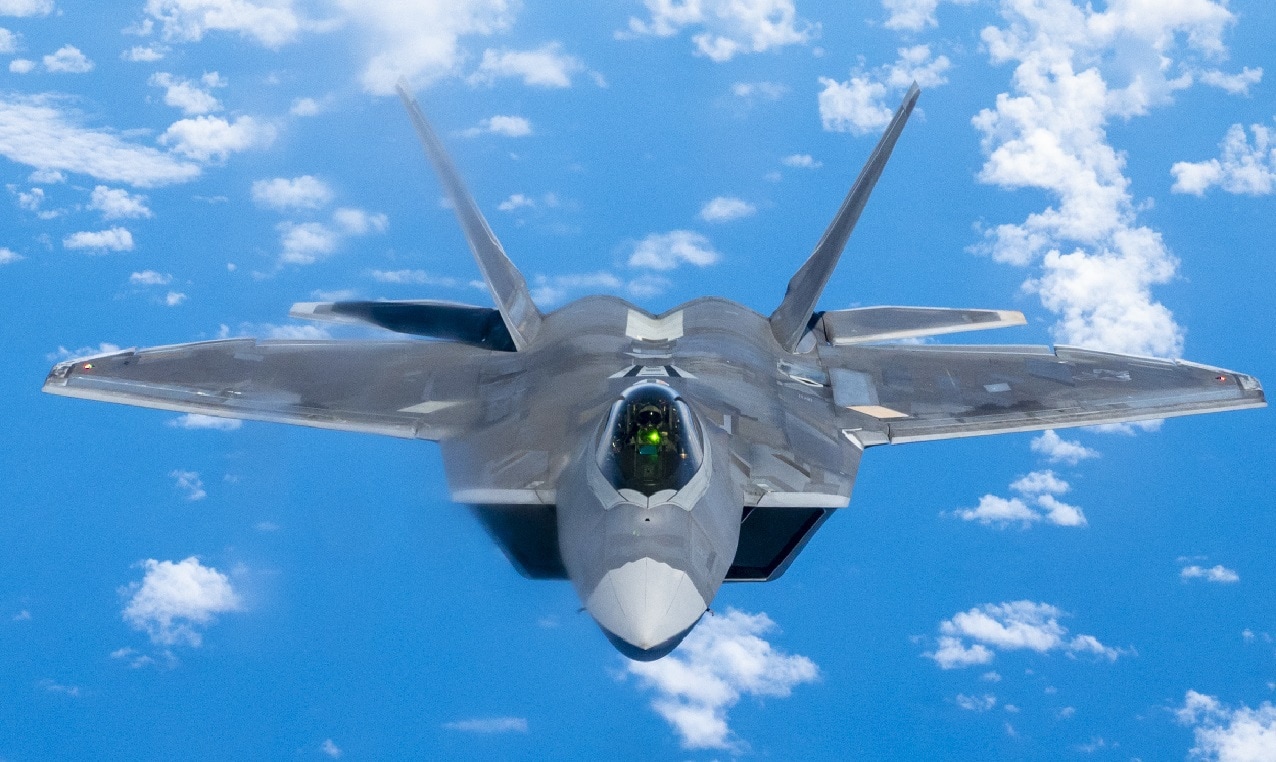Yesterday’s 88-11 Senate vote in favor of the 2022 National Defense Authorization Act, coming on the heels of the House’s 363-70 decisive action on the same measure, demonstrates national defense is one of the rare areas—the US military—where bipartisan agreement can still be found in Congress.
Both chambers soundly rejected President Joe Biden’s anemic Pentagon budget proposal, which was insufficient even to keep up with inflation. Instead, lawmakers added 25 billion desperately needed dollars, which will help fix pressing shortfalls in shipbuilding, aircraft procurement, ammunition, and readiness accounts.
Indeed, House members roundly expressed their support for defense twice. Earlier, the House soundly defeated, by 332-86, an amendment offered by Rep. Alexandria Ocasio-Cortez (D-N.Y.) which would have slashed the defense budget by 10 percent. All these votes go to prove that, while the voices calling for America to cut back on defense may have loud bullhorns, they are in the distinct minority.
With the Biden administration—including his Pentagon appointees—remained largely silent on the need to adequately resource national security, that role devolved to Presidents Xi Jinping and Vladimir Putin and others. Those foreign leaders wasted no time supplying incontrovertible evidence that the world is becoming more—not less—dangerous for U.S. interests.
The past year has witnessed Russia’s massive military buildup across from Ukraine, Beijing’s surprising aggressive development of nuclear and hypersonic missile programs, Xi’s outrageous military attempts to intimidate Taiwan with multiple aircraft incursions, daily costly cyber-attacks on U.S. infrastructure and business, and Iran’s enrichment of uranium to weapons-grade.
These developments, taken in conjunction with the marginal state of the U.S. military (symbolized by decrepit shipyards, reductions in aviation flying hours, and cuts to procurement programs) persuaded members of Congress to overcome their differences and act decisively, as colleagues.
Congress’ accomplishment defied conventional wisdom. Only months ago, long-time Pentagon watchers and even the chairman of the Joint Chiefs of Staff were rubbing their collective chins and sagely predicting defense budgets would be flat for the foreseeable future, despite a deteriorating global security posture. Responding to a question about the budget, Gen.l Mark Milley responded, “I suspect that, at best, the Pentagon’s budgets will start flattening out.” Indeed, anyone predicting Congress would add $25 billion to the defense budget would have been ridiculed.
Mind you, a signed, approved defense authorization bill does not equal funding for the Pentagon. For that, a defense appropriations bill must also be hammered out, and the prospect for that happening by Feb. 18, when the current continuing resolution expires, remains uncertain.

A U.S. Navy F/A-18E Super Hornet of Strike Fighter Squadron (VFA) 115 launches from the flight deck of the aircraft carrier USS Ronald Reagan (CVN 76) in the western Pacific Ocean Nov. 11, 2017. The Ronald Reagan, Theodore Roosevelt and Nimitz strike groups are underway conducting flight operations in international waters as part of a three-carrier strike force exercise. The U.S. Pacific Fleet has patrolled the Indo-Pacific region routinely for more than 70 years promoting regional security, stability and prosperity.
Funding for 2022 is complicated by the shadow cast by the unprecedented domestic spending proposed in the “Build Back Better” bill. While President Biden proposed to increase defense spending by only 1.6 percent, he has called on Congress to expand non-defense discretionary federal spending by an average of 16.5 percent.
“Build Back Better” also contains some highly controversial policy proposals, which will make majority approval even more difficult. So there is still a long road ahead before desperately needed funding reaches the Pentagon. For the time being, our military must try to accomplish its mission on this year’s funding levels, while dealing with record inflation and the requirement to implement 2.7 percent pay raises which take effect Jan. 1.
Even though the Pentagon still faces fiscal challenges, it is worth pausing to acknowledge that a “peace through strength” agenda can secure bipartisan agreement when the nation is confronted with emergent threats to our national security.
As the Centre for Policy Studies so rightly observed: “There can be no prosperity without security – both economic and physical. People need and want good jobs. But [they] also need and want to be able to go about them free from the shadow of terrorism and war, of violence and tyranny.”
Fortunately, Congress seems to have come to the same conclusion.
Thomas Spoehr serves as director of Heritage’s Center for National Defense where he is responsible for supervising research on matters involving U.S. national defense. Prior to joining Heritage, Spoehr served for over 36 years in the U.S. Army, attaining the rank of Lieutenant General. He is an expert on national defense policy and strategy, and has testified before the U.S. Congress on defense strategy, budgets and equipment modernization. Spoehr’s articles and commentary have been published widely in both civilian and military media and he is often called upon to provide expert commentary and analysis.

